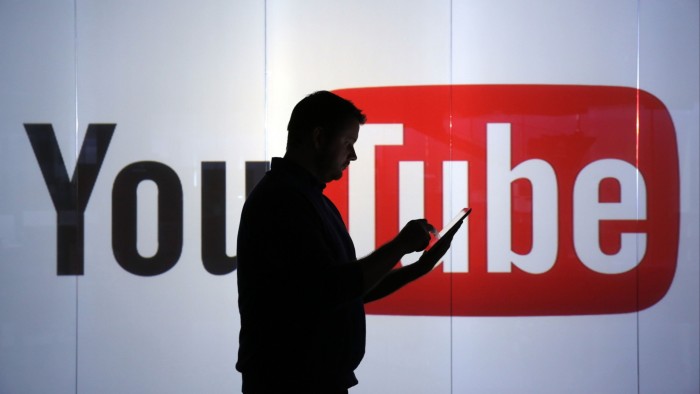Unlock the Editor’s Digest for free
Roula Khalaf, Editor of the FT, selects her favourite stories in this weekly newsletter.
Australia is reviewing whether to expand its groundbreaking social media ban for under-16s to include YouTube, after the country’s internet safety regulator said the Google-owned video sharing website is where children suffer the most online harm.
Australia passed legislation late last year aimed at preventing anyone under the age of 16 from registering to join social media platforms including Instagram, X, Facebook and Snapchat. The law puts the onus on technology companies to enforce the age limit or face significant fines.
YouTube was exempt from the ban, which will come into effect by December, on the basis of its wide-ranging role in formal education as well as children’s entertainment, hosting videos from performers such as popular Australian musical act The Wiggles.
Julie Inman Grant, Australia’s eSafety Commissioner, who is charged with enforcing the ban, wrote to the government this month to call for YouTube to be included, after she submitted new research about the harmful effects of social media on children.
Speaking in Canberra on Tuesday, Inman Grant said that YouTube was the most frequently cited platform in the regulator’s research with almost 40 per cent of the 2,600 children aged 10-16 surveyed encountering harmful content on the site.
She criticised the platform’s “opaque algorithms [that drive] users down rabbit holes that they are powerless to fight against”, and expressed concerns about reports that YouTube was cutting back its online safety teams.
In a statement on Tuesday, YouTube-owner Google said the commissioner had “ignored” what it called clear evidence from teachers and parents that the platform is suitable for younger users and should remain exempt from the ban.
“Today’s position from the eSafety commissioner represents inconsistent and contradictory advice,” said Rachel Lord, senior manager at YouTube Australia, arguing that a reversal of the exemption would go against what the Australian government legislated last year.
A potential U-turn would represent one of the first big tests for Prime Minister Anthony Albanese’s Labor government, which has reshuffled the cabinet after a sweeping re-election in nationwide polls in May.
A spokesperson for communications minister Anika Wells, who was promoted as part of the reshuffle, said the government would review the commissioner’s advice, but that no decision had been made.
Other countries around the world are closely watching Australia’s world-first effort to restrict social media access for children, as well as the methods it adopts to enforce the ban.
French Prime Minister Emmanuel Macron this month vowed to ban social media access for those under the age of 15 if similar measures were not taken at the EU level.
Inman Grant said that the mechanics of the ban were still being worked out, but that research had shown why the action was needed.
She said sexual extortion of children online had reached “crisis proportions”, while three-quarters of its research respondents had encountered misogynistic or violent content as well as content promoting dangerous challenges. She said “caustic language”, such as encouragement to self harm, was also becoming more commonplace.
“I believe this can serve as a signal to all parents that they can take tangible actions with their kids, to start the chat and delete the apps, and to reinforce that the government is backing them,” she said.




